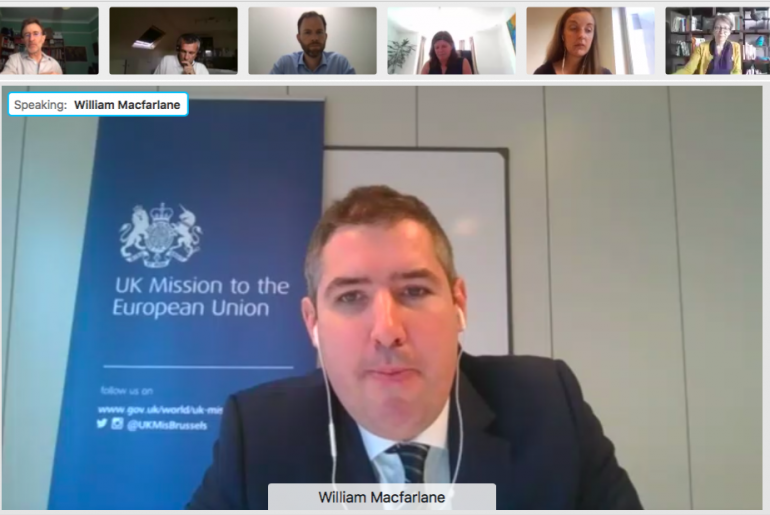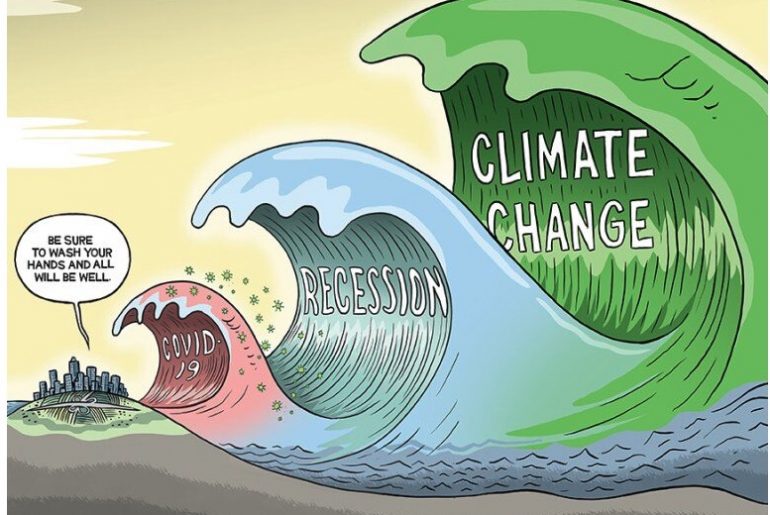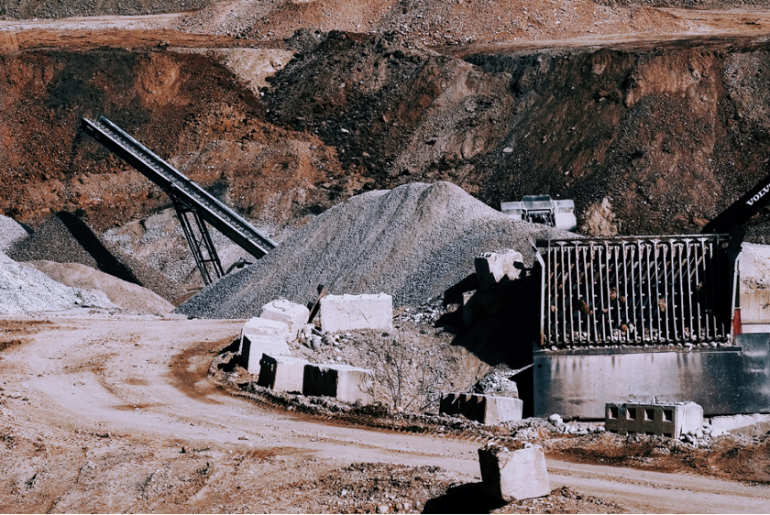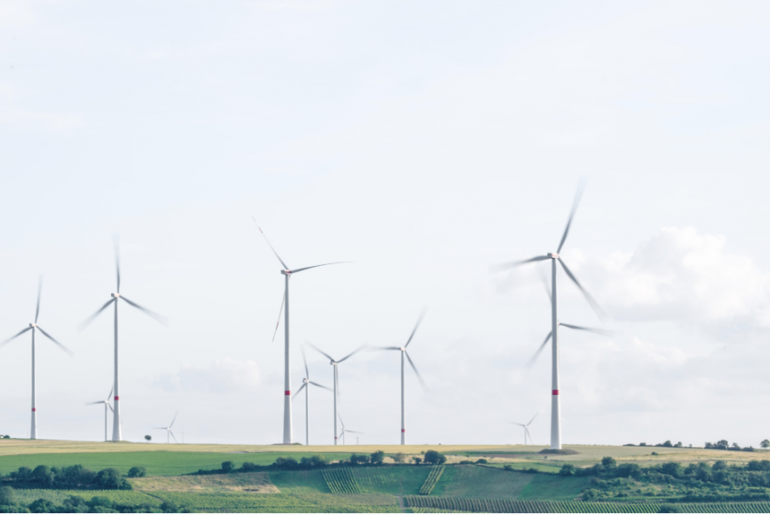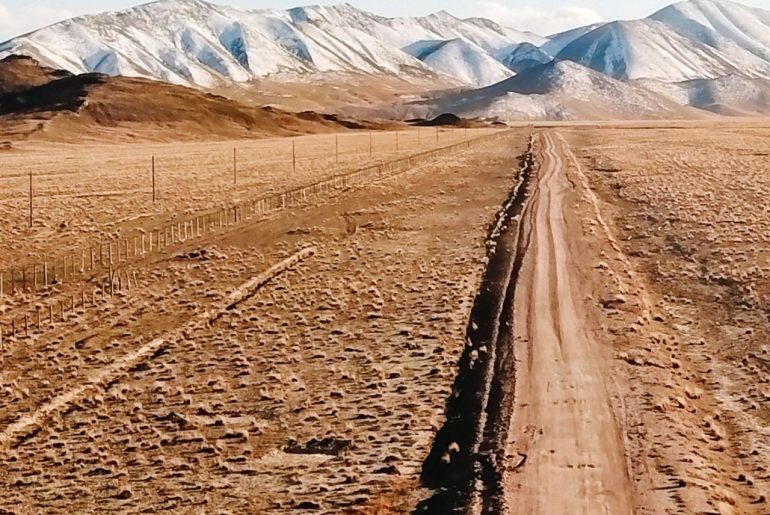On June 8, UK Mission to the European Union hosted a panel discussion on mobilizing finance and resources to protect biodiversity in preparation for the upcoming Convention of Biological Diversity (CBD COP15). The panel included: William Macfarlane, Director of Economics and Finance, UKMis BrusselsLaura-Louise O’Reilly, Head of Environment, UKMis BrusselsDr.…
1. Introduction The COVID-19 pandemic has brought extreme stress to the global economy. Governments around the world are trying solutions to tackle the economic crisis through various fiscal, monetary, and related stimulus packages. Policymakers are struggling to balance their stimulus between the immediate “rescue” phase and the longer-term “recovery” phase:…
Discontent and activism against BRI initiatives pose financial risks and spell potential public image problems for China and host countries. Understanding the social and economic motivations of communities who protest and how to prevent future mobilisations is essential to the success of the BRI in Central Asia. A quintessential example…
The BRI offers the Central Asian range states of Panthera Uncia a once in a generation chance to bring economic opportunity to a region often overlooked in development. Like all projects of this scale, the ramifications for the area’s biodiversity, and in particular its flagship species Panthera Uncia remains hard…
Introduction Whilst the BRI is led by Chinese industry, the private sector is cautious in its implementation of environmental protection, especially regarding biodiversity conservation.1 Chinese BRI financiers lack international best-practice safeguards, whilst the whole project may impact more than 369 000 km2 of vulnerable habitat in a 25 km buffer…
Kazakhstan’s energy grid has not been modernised since its independence from the Soviet Union and is falling into a state of dereliction and disrepair. With its sights set on 50 percent renewable energy by 2050 and substantial solar and wind energy capabilities, Kazakhstan could be a model for green energy…
Central Asia is in need of development, energy, and infrastructure, and the BRI can offer these. However, as a region facing transboundary disputes, food and water security problems, and corruption, regulations and incentives must be put in place to ensure the BRI also accounts for the long-term health of people…
